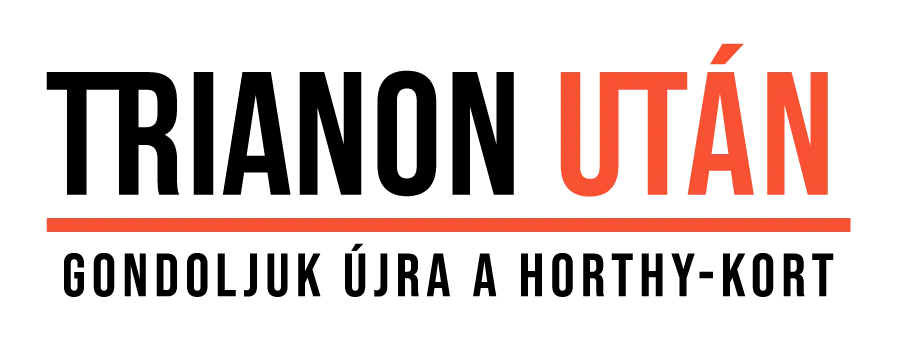In the first part of the workshop entitled 'Roads and choices' Balázs Ablonczy, head of the research team discussed about Trianon with Béla Tomka, social- and economic historian, Géza Jeszenszky historian and diplomat and with Ignác Romsics, historian. Participants of the roundtable – who have all worked on problems related to Trianon – recalled their first personal and professional encounter with ‘Trianon’. Subsequently, they discussed about the social, political and, most of all, the historiographical context of the problem, reflecting on each other’s statements.

In the second part of the workshop Balázs Ablonczy briefly presented the goals, themes, members of Trianon 100 and their area of expertise. He also presented the website that is in the making. The head of the research group asked the audience to comment on the problems that the project raises. Then, three members of the research group gave their presentations on the way they see the problems they are to address, their activities and research plan. Tamás Révész talked about novel approaches to the military history of 1918-1919. Miklós Zeidler talked about the upcoming publication of diaries of the Hungarian delegation that have not been published in Hungarian. Róbert Győri presented the geographical approach to Trianon, such as the study of borders.

Balázs Ablonczy, Miklós Zeidler, Tamás Révész, Róbert Győri
By commenting and making questions several colleagues joined a discussion. Gábor Gyáni recommended that the research group should review the Hungarian historiography of the issue of Trianon. Csilla Fedinec brought attention to the Hungarian (Carpathian) aspects of the short-lived Soviet Republic of Ukraine. Imre Ress highlighted the opportunities of research into the cultural heritage (archive, library, artefacts) after Trianon.
At the event, research institutes besides the Institute of History were also represented. Balázs Ablonczy emphasized that the project was open and that it is through meetings and talks that the profession may find way to connect to the project.






